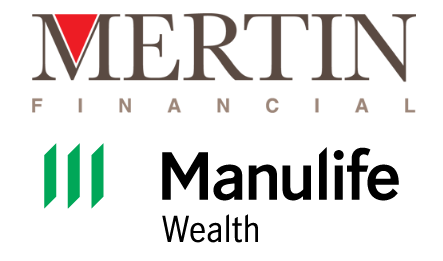Can you pay your bills if disabled?
Article Licenses: DL, unknown
Advisor Licenses:
Compliant content provided by Adviceon® Media for educational purposes only.
Disability insurance (DI) can be purchased from a life insurance company to cover up to 80% of your regular income (or more) if you become disabled. This coverage is referred to as “income replacement” insurance.
If you work for a corporation, your employer may offer a group plan with short-term disability (DI) coverage. Could you review it to determine the coverage period and ensure it meets at least 60% of your current income for longer than three months?
Additional DI can be purchased (and owned privately) to extend the income payment period and increment payments to the increasing cost of living. Some policies increase paycheques according to the consumer price index (CPI).
If self-employed, If you have dependents, it is essential to ensure that you have income replacement insurance to pay your expenses until age 65. Caring for your own needs is also wise if you are single.
Consider the following questions about where the money might come from if you could not earn a living for a month, a year or forever.

- Would withdrawing part or all of your retirement savings and money on deposit at the bank to use as income when convalescing affect your retirement?
- If you need to access the equity or your home to create an income, will this deplete your net worth?
- Could you borrow money if your banker knew you might never work again?
- Could you live on your spouse’s income?
- Could you ask a parent, sibling or friend to loan you money? How would you repay it?
- Would you rely on the government to pay a disability income that lasts until you retire?
- Would you want to sell your house or cottage?
Note: Life insurance taxation varies in accord with the strategies used by the life insurance specialist, changing legislation, and hiring an accountant to guide effective business strategies relative to succession or an estate.
The Advisor and Manulife Securities Incorporated, ("Manulife Securities") do not make
any representation that the information in any linked site is accurate and
will not accept any responsibility or liability for any inaccuracies in
the information not maintained by them, such as linked sites. Any opinion
or advice expressed in a linked site should not be construed as the opinion
or advice of the advisor or Manulife Securities. The information in this
communication is subject to change without notice.
This publication contains opinions of the writer and may not reflect opinions
of the Advisor and Manulife Securities Incorporated, the information contained
herein was obtained from sources believed to be reliable, no representation,
or warranty, express or implied, is made by the writer, Manulife Securities or
any other person as to its accuracy, completeness or correctness. This
publication is not an offer to sell or a solicitation of an offer to buy any
of the securities. The securities discussed in this publication may not be
eligible for sale in some jurisdictions. If you are not a Canadian resident,
this report should not have been delivered to you. This publication is not
meant to provide legal or account advice. As each situation is different you
should consult your own professional Advisors for advice based on your
specific circumstances.





